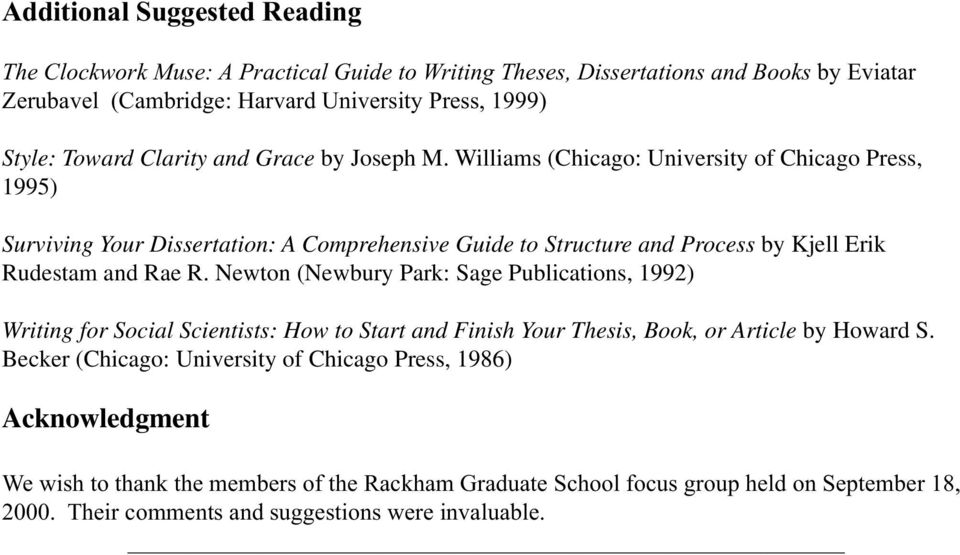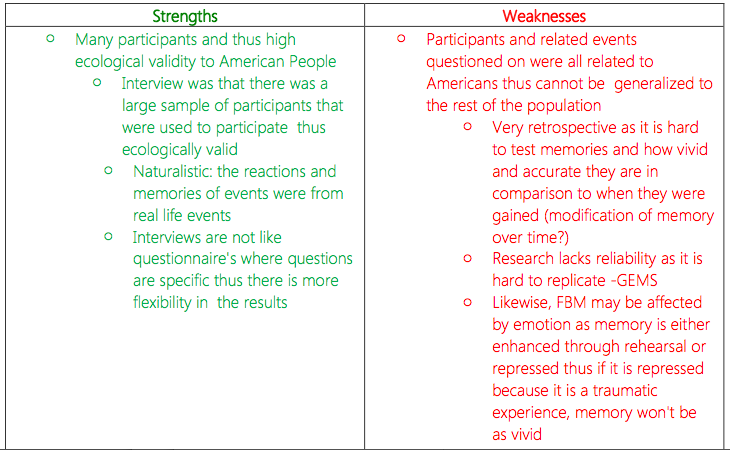Violence and Mental Illness - PubMed Central (PMC).
The media can often be seen to be responsible for stigmatizing stereotypes of mental illness (Byrne, 1997),however, if the media was used to its potential it can challenge prejudice, enlighten and instigate discussions, helping to reduce the stigma that is so often experienced by people with a mental illness (Salter and Byrne, 2000). It is still evident through reporting on mental health that.Steadman and colleagues concluded that rates of violence among mental health patients peak at time of admission to the hospital, and they remain high for a period after discharge when many patients still experience active psychiatric symptoms. Mental illness may increase the likelihood of committing violence in some individuals, but only a small part of the violence in society can be ascribed.Taken together with the MacArthur study, these papers have painted a more complex picture about mental illness and violence. They suggest that violence by people with mental illness — like aggression in the general population — stems from multiple overlapping factors interacting in complex ways. These include family history, personal stressors (such as divorce or bereavement), and.
Sainsbury Centre for Mental Health (2008) states that the principles of recovery is about building a meaningful and satisfying life as defined by the person whether or not there is reoccurring symptoms or problems, recovery is a movement away from pathology illnesses and symptoms of health strength and wellness. Rethink (2008) also suggested four important component of recovery as finding.It also found that the myth surrounding violence has not been dispelled, despite evidence to the contrary. In light of this, the Department of Health (2004) funded a programme called Shift, which aimed to reduce the discrimination that those with mental ill health face. The DH (undated) found that “many people with mental health problems say that the biggest barrier to getting back on their.

The real issue is the fact that people With mental illness are two and a half to four times more likely to be the victims of violence than any other group In our society. A small group of people with mental illness (those with severe and untreated symptoms of schizophrenia with Psychosis, major depression or bi-polar mood disorder) may have an increased rate of violence. In this group.












